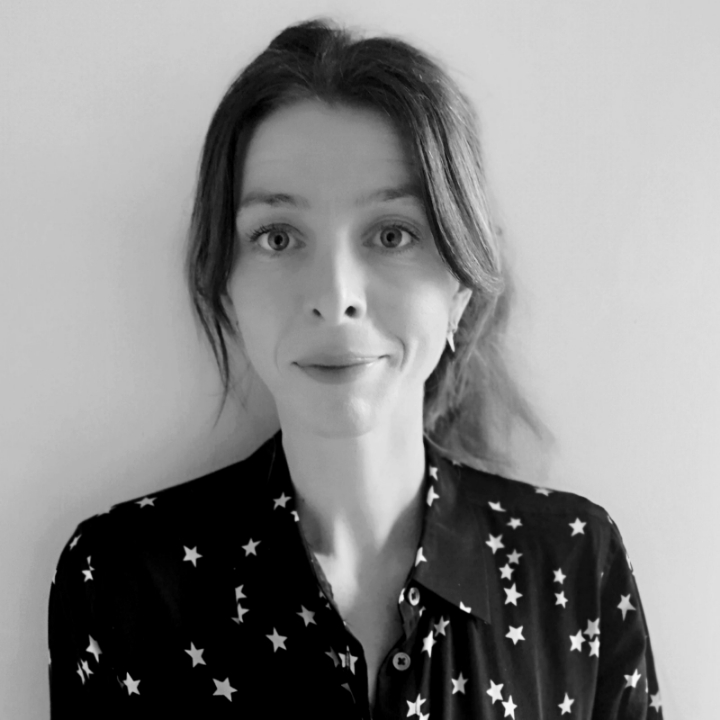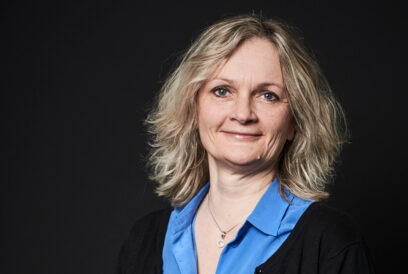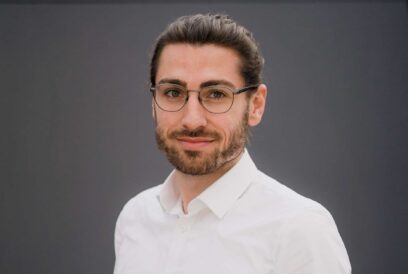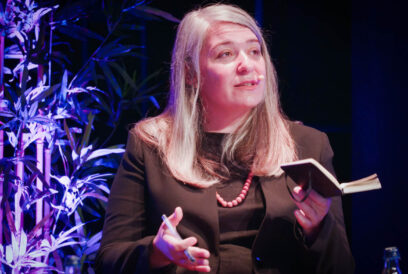
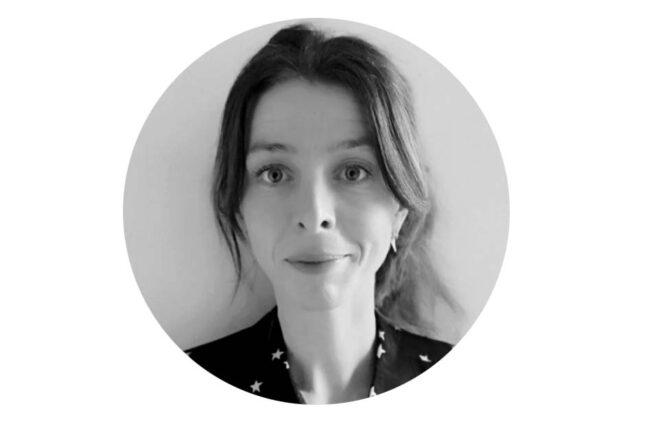
Research in adult education needs to address inequality but not at the expense of its students, Lisa Maria Reilly writes. The text is a column written for issue 3/2021 on Research & Practice of Adult Education.
The sociologist Laurel Richardson noted that writing about your life brings you to strange places; you might be uncomfortable about what you learn about yourself and others. She was referring to the process of writing as a research tool, a method of inquiry, often used in autoethnographic projects where the researcher’s experiences are also used as data.
Autoethnography is not to everyone’s taste. There are some who would loath to call it research at all. And yet, I never met anyone for whom biography, or at least aspects of it, didn’t play a part in their selection of a topic.
My PhD began as a way of understanding my journey as a working-class woman who had returned to education before exploring the experiences of others who shared similar trajectories.
Narratives of disadvantage can be seductive to those unburdened by the label.
That’s the thing about writing. You start with what you know. Or what you think you know. Then you watch your prior certainty unravelling, leaving you in uncomfortable spaces.
THE PRACTICALITIES OF research can feel strange too, particularly during data collection when you have to gather and analyse the words of others.
Despite their awkwardness, qualitative methods, like interviews and focus groups, can become conversations during which you learn more than you set out to initially. It was through such discussions that I began to reflect on the effects of language and categorisation. First, in relation to social class and then those other markers of difference, such as disability and sexuality, which students highlighted were equally, if not more, important in how they experienced the world.
People participated in the research for various reasons but most thought it was a good way to give feedback. There were also some who had participated in other projects and saw no reason to repeat such an encounter. That was one of the most sobering lessons of all; the apathy of those familiar with the process.
Then there were those who were wary but participated anyway. Like the student who responded to my first question about returning to education with “I’m not undermined. It’s not that type of story“.
The assumption made me uneasy; that, as a researcher, I was only interested in a sad account of her life. Those words resonated on a personal level too. Narratives of disadvantage can be seductive to those unburdened by the label.
I DIDN’T KNOW THAT being working-class was considered a problem. I had to go to university to learn that. I had no idea about all the research articles that existed, seeking to explain folk like me.
What a strange discovery it was; this veiled world of information. How many were aware of how their words and worlds would be interpreted and reconstructed? Would they agree with the findings?
Poverty is a key factor affecting educational attainment. But this gets lost somewhere along the line. What we’re left with are discussions of those who have needs, yet little elaboration on the reasons for such needs, leading to the construction of certain categories of students.
It was through autoethnography that I discovered research could also be used as a way of answering back.
Adult educators rarely work with people anymore. Instead we support clients, customers and service users. The person becomes a walking label; the marginalised learner.
I can’t forget the mature student who discussed being advised to write down every aspect of her life that she considered negative on her university application. She made a list: working-class, lone parent, woman, amongst others. She believed she had to condense her life into terms understandable to that person in an office, somewhere on campus, with boxes to tick. To this day she remains one of the smartest women I ever met in a classroom.
Richardson described her writing as a feminist practice. It was through autoethnography that I discovered research could also be used as a way of answering back. Writing my project as a narrative allowed me the space to have a conversation, albeit with myself, about what I was hearing from others.
Moreover, it helped to capture an array of experiences, not just the struggles but the ambition, competitiveness and contradictions that form part of most learning environments.
Author
